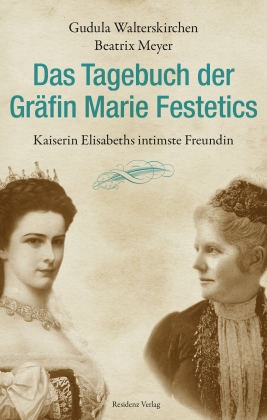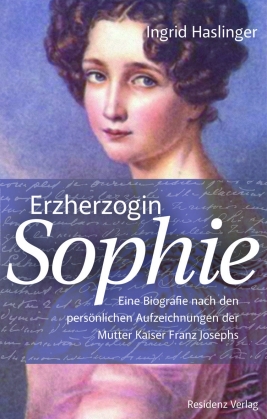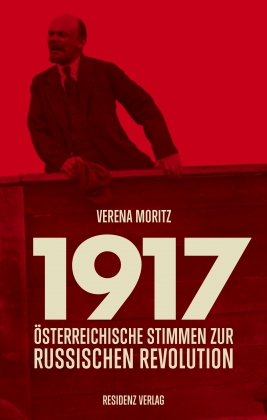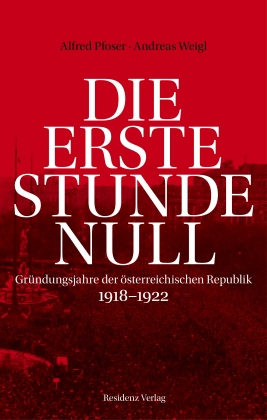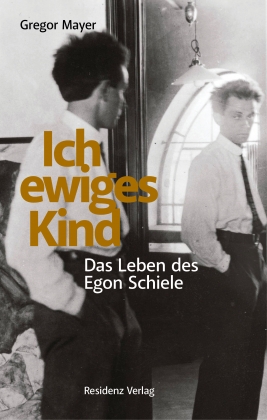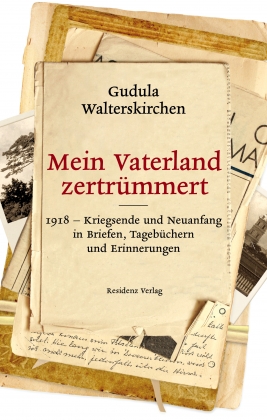
Gudula Walterskirchen - My homeland in ruins
1918 – End of war and new beginning in letters, diaries and recollections
Authentische Einblicke in die historischen Ereignisse. Lebendig, persönlich und spannend.
1918 was a year of radical change and big emotions in Austria. How did the contemporary witnesses experience this time? The aristocracy, bourgeoisie and working classes have their say in authentic accounts. The book brings to light the extremely diverse assessments of that great upheaval. For some it signified the downfall of their homeland and their personal ruin, for others a hopeful new beginning: the mourning of Old Austria and the monarchy, hate for the aristocracy and the Habsburgs, the shock of having been defeated in war, embitterment and resignation, joy over the ending of the war and hope for better times. Gudula Walterskirchen has gathered previously unpublished letters, diaries and recollections which bring that year of great turmoil back to life.
Book details
with numerous illustrations224 pages
format:140 x 220
ISBN: 9783701734207
Release date: 20.03.2018
License rights
- World rights available






